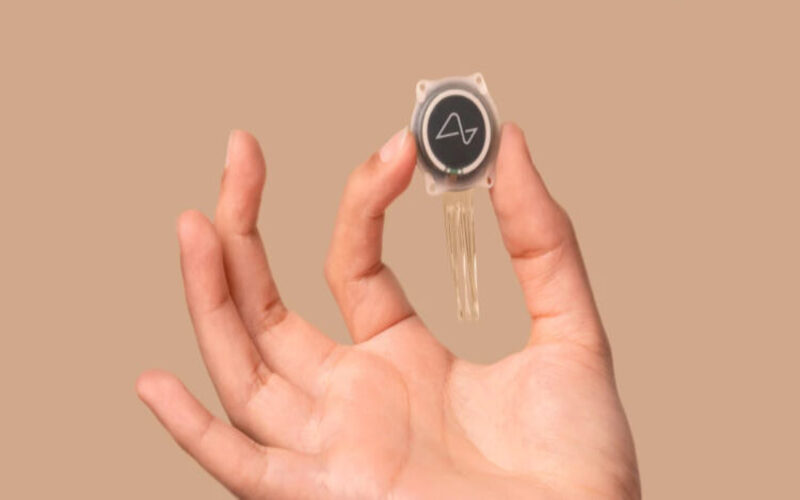Neuralink, a neurotechnology firm in California creating implantable brain-computer interfaces, declared on Wednesday that it has been permitted to start recruiting participants for its first-in-human clinical trial.
The company is looking for individuals with cervical spinal cord injuries or amyotrophic lateral sclerosis (ALS) who have paralysis to test its prototype device in a six-year trial.
Last year, the Food and Drug Administration rejected Neuralink’s request for expedited human studies.
But in May, the organization granted the business an experimental device exemption (IDE), allowing it to utilize its product in clinical trials. How the FDA addressed its initial worries is unknown.
The business claims that during the study, the ultra-fine, flexible threads of the N1 Implant will be surgically implanted in a part of the brain that regulates movement intention using the R1 Robot.
The N1 Implant is designed to capture and wirelessly transmit brain impulses to an app that decodes movement intentions. Once implanted, it is aesthetically undetectable.
According to the business, the initial objective of the BCI is to enable users to operate a computer cursor or keyboard just with their thoughts.
The Precise Robotically Implanted Brain-Computer Interface study, or PRIME Study, is being carried out under the experimental device exemption (IDE) granted by the FDA in May 2023.
In July 2019, Elon Musk launched Neuralink, a business specializing in brain-computer interface (BCI). The basic idea is that many tiny wires can be implanted in the brain to block signals sent by a collection of neurons.

